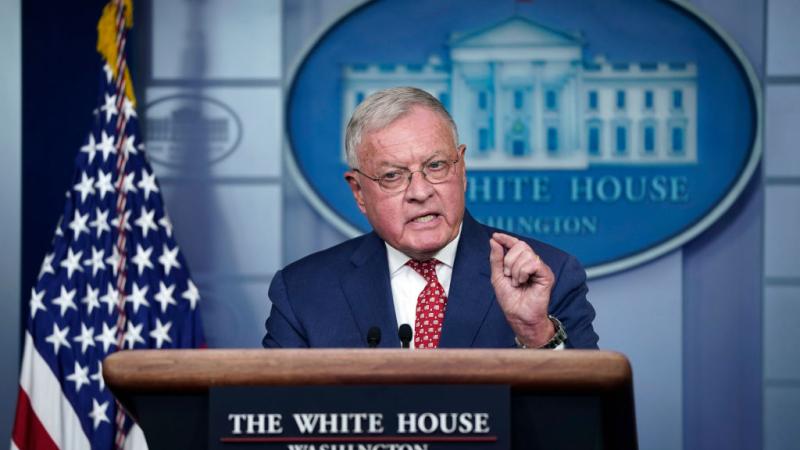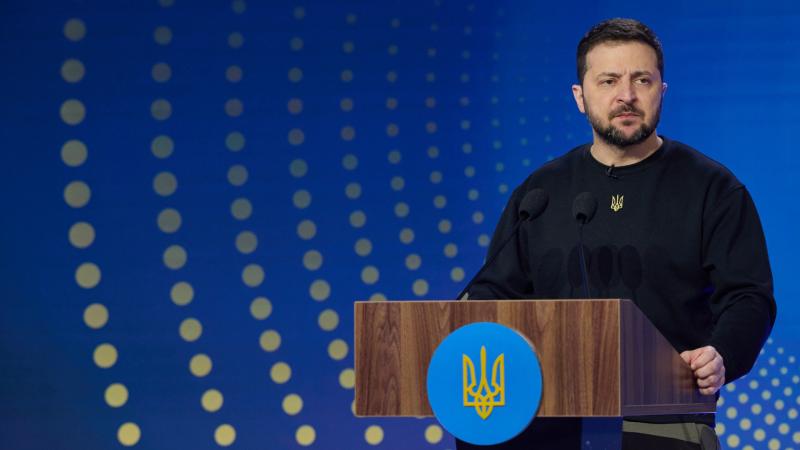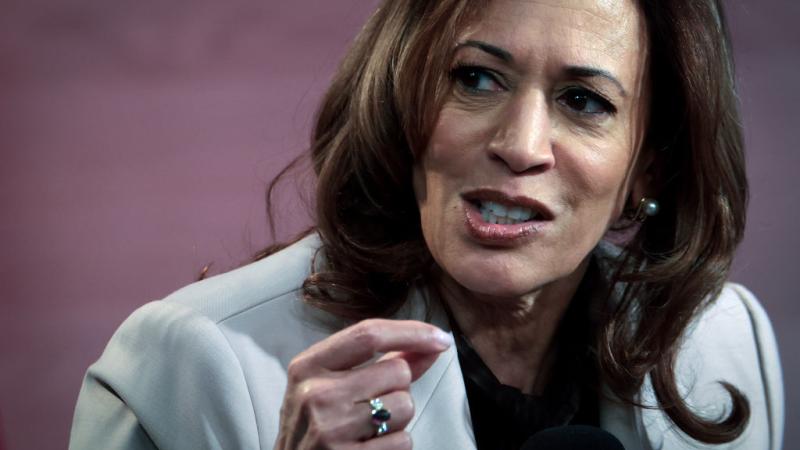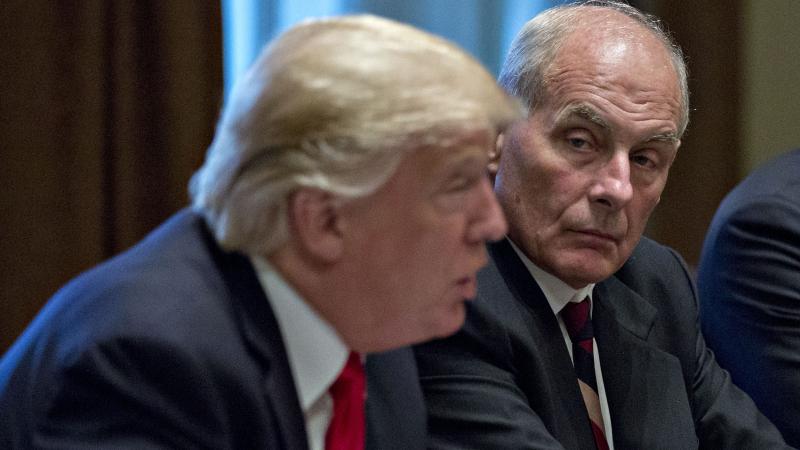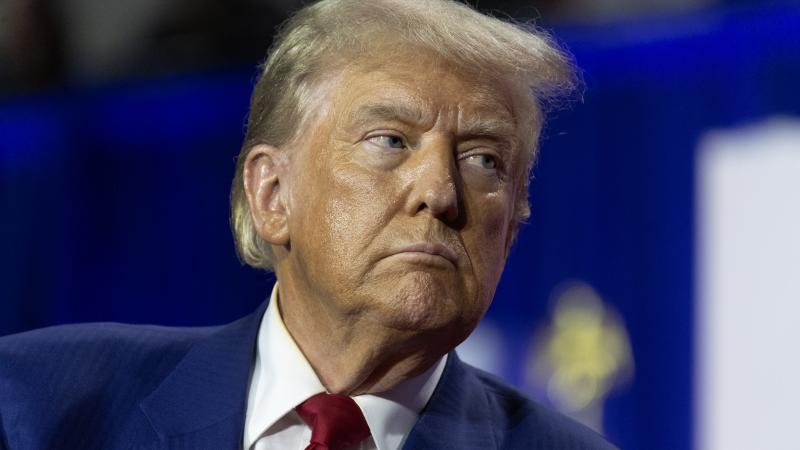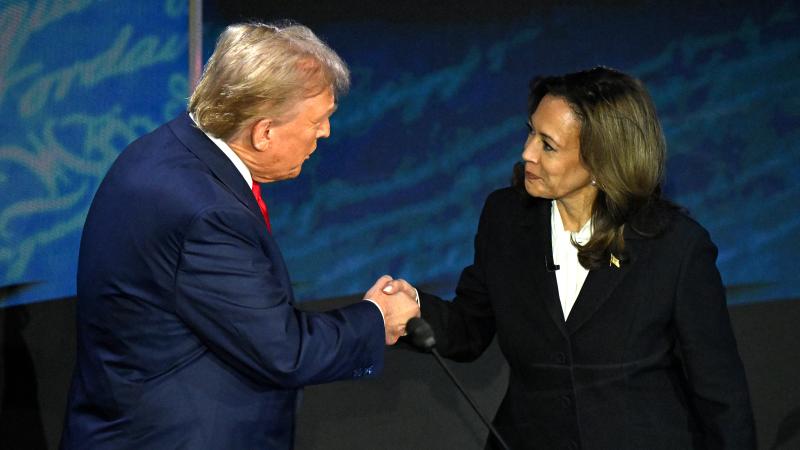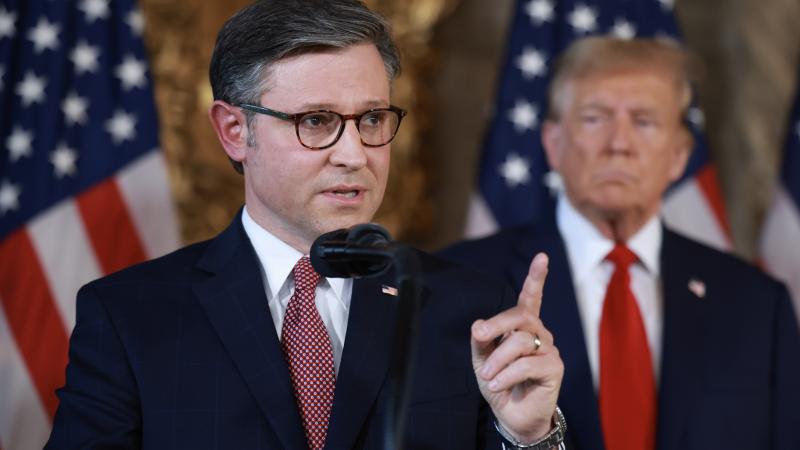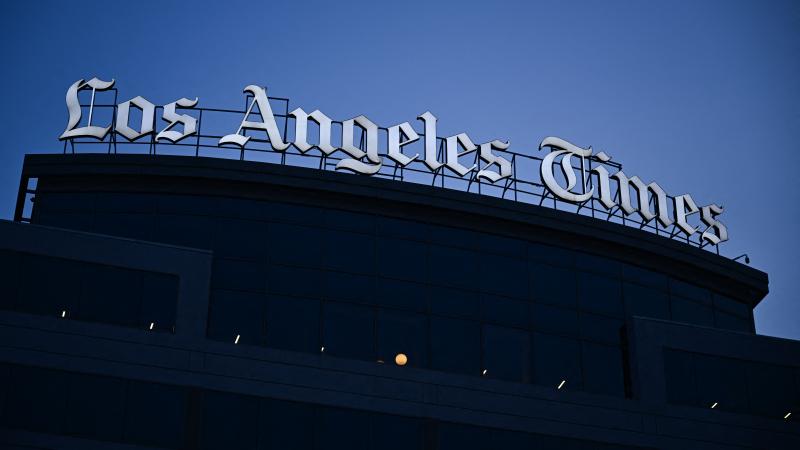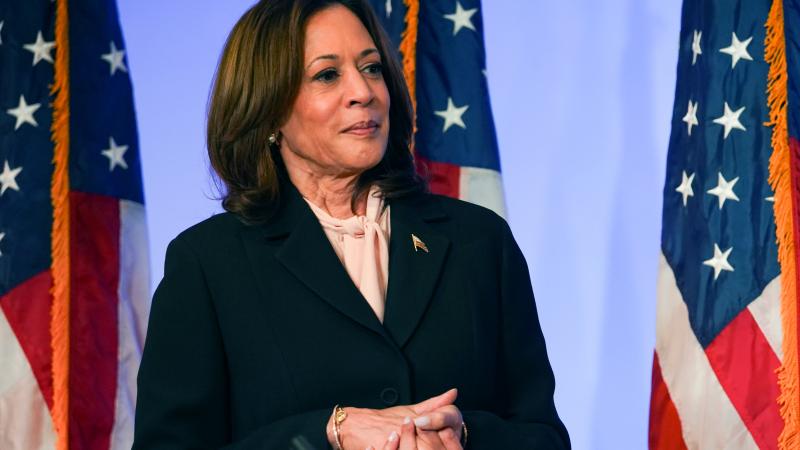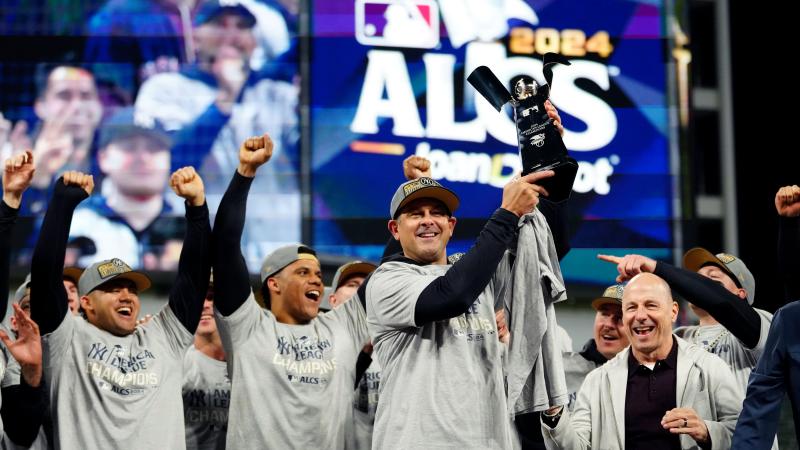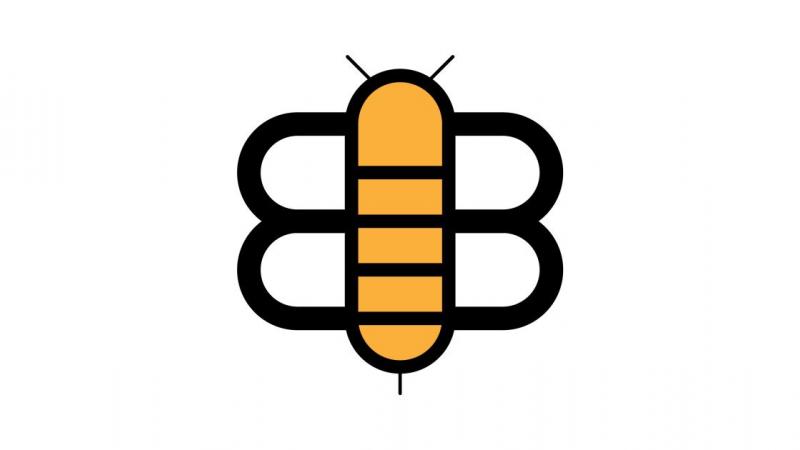Revived by appeals court, lawsuit against FBI informant illuminates Russia probe's weakness
Russian-born academic Svetlana Lokhova alleges FBI confidential human source Stefan Halper defamed her, injured her business opportunities. Halper denies it, seeks dismissal.
A federal appeals court has breathed new life into a lawsuit brought by a London-based academic against one of the FBI's confidential informants during the Russia collusion probe, litigation that is likely to focus new attention on the quality of evidence that led the bureau to investigate former President Donald Trump and his cohorts during the 2016 election.
There has been a flurry of new legal activity this month in Svetlana Lokhova's lawsuit in federal court in Virginia against former FBI confidential human source Stefan Halper since the 4th Circuit Court of Appeals concluded U.S. District Judge Leonie Brinkema abused her authority in dismissing the lawsuit a year ago.
"We conclude that the court could not have properly concluded that Lokhova's complaint ... had absolutely no chance of success," the appeals court ruled in April in a unanimous 3-0 decision that reversed Brinkema's dismissal of the case and her order of a penalty against Lokhova for filing an allegedly frivolous lawsuit.
"We conclude that the district court abused its discretion in finding Lokhova's complaint frivolous and concluding on that basis that its filing violated Rule 11," the appeals court ruled. "The judgment of the district court — as reflected in its orders of May 5, 2021 and July 9, 2021 — is therefore reversed and the case remanded for further proceedings."
The decision revives a years-long dispute between Lokhova, a Russian-born, London-based academic, and Halper, a Cambridge academic who served as one of the two primary confidential human sources, along with former MI6 agent Christopher Steele, in the FBI's now-discredited Crossfire Hurricane investigation of alleged collusion between Trump and the Kremlin.
Declassified FBI documents obtained by Just the News last year show that Halper was the source of an allegation that Lokhova left a 2014 foreign meeting with Gen. Michael Flynn, Trump's former national security advisor. The allegation was dismissed as "not plausible" and "not accurate" by agents but nonetheless leaked to the news media in a series of stories that portrayed Lokhova as a "honey pot" Russian spy.
Though the FBI determined Halper's allegation about Lokhova leaving with Flynn was unlikely to be true, it nevertheless decided to open a full-scale investigation of Flynn under the guise he had been compromised by the Kremlin, the declassified records show.
Lokhova has twice sued Halper for defamation: The first was dismissed outright, while the second suit involved an additional civil claim that Halper engaged in tortious business interference when he sent letters seeking to stop a book publisher from publishing Lokhova's book.
Brinkema last year dismissed the second lawsuit as frivolous and ordered her and her lawyer to pay a penalty for bringing the claim.
The three-judge panel of the 4th Circuit Court of Appeals concluded that ruling was flawed and remanded the case back to the trial court for discovery. The appellate judges also criticized Brinkema for imposing the fine against Lokhova, saying it likely violated judicial rules. "The imposition of a monetary sanction against Lokhova for the frivolousness of her complaint appears to violate" a legal edict known as Rule 11, the appeals court said.
Since the case has been returned to the trial court, both sides have renewed their legal arguments.
Lokhova is seeking discovery in an amended complaint that enumerated how she believed her reputation and business earnings were negatively impacted by Halper's actions.
"The media scrutiny, social media scrum, and violent threats against her because of these false allegations, forced her to flee her home, cost her the academic position she held and her PhD, tarnished her reputation, and have prevented her from re-gaining employment in her chosen field," Lokhova's amended complaint filed last week argued.
The complaint added Lokhova planned to demonstrate the "unlawful scotching of Plaintiff's book deal and the attendant defamation of Plaintiff by the person who had falsely accused her and General Flynn."
Halper has countered the complaint, asking Brinkema to dismiss the lawsuit on the grounds that his statements were protected by the First Amendment as opinion and that Lokhova has failed to demonstrate how she has been harmed.
"Opinions are not actionable in defamation because they are constitutionally protected," Halper's lawyers argued. They added that Lokhova herself perpetuated the false claims in two lawsuits, a fund-raising appeal and in news media interviews.
"Under these circumstances, factually and legally Plaintiff is the publisher of this alleged defamation, not Halper," the defense lawyers argued in a motion filed this month.
If the case proceeds to discovery or trial, it is likely to renew scrutiny about the weakness of evidence the FBI used to justify investigating Trump, his campaign and his business associates for alleged collusion with Russia. No such collusion was ever found.
The FBI has already released documents showing that the dossier compiled by Steele and funded by Hillary Clinton's legal team — which was used by the FBI to secure a FISA warrant targeting the Trump campaign — contained significant amounts of disproven or unsubstantiated claims or useless internet rumor.
At a trial last month, Special Counsel John Durham showed that computer data evidence submitted to the FBI by Clinton campaign lawyer Michael Sussmann was quickly dismissed as lacking any proof of Russia collusion.
And the FBI's own debriefing documents of Halper, identified as "CHS" or confidential human source, show his allegation about Lokhova and Flynn, referred to in the memos by his codename as "Crossfire Razor" or "CR," was quickly dismissed even before the bureau opened up its probe of Flynn in August 2016.
"The CHS relayed an incident s/he witnessed when CROSSFIRE RAZOR (CR) spoke at [redacted name of Cambridge event]," the informant report stated. "The CHS was unsure of the date, but noted that CR was still in his/her position within the USIC. The CHS told the team that after CR spoke and socialized with [redacted] at dinner and over drinks, [redacted] got CR a cab to take CR to the train station to bring him/her to London."
The event Flynn attended in 2014 was part of the Cambridge Intelligence Seminars.
"The CHS stated that a woman, Svetlana Lokhova, surprised everyone and got into CR's cab and joined CR on the train ride to London," the report added. "The CHS stated that s/he is somewhat suspicious of Lokhova as she has been affiliated with several prominent members of [redacted]. CHS believes that Lokhova's father maybe a Russian oligarch living in London."
One day later, the FBI brought Halper back for more debriefings and pressed him "to recall the incident" involving Lokhova. The memos suggest agents were clearly concerned by the allegation that a DIA director and three-star general was somehow unaccompanied on a foreign trip.
"The CHS was asked if s/he recalled if CR was alone during the presentation at [redacted event] or if CR was joined by a staff officer," the report said. "The CHS did not remember another officer with CR, but said that there was a representative from CR's organization there from a local military base."
Four days later on Aug. 16, 2016, documents show, the FBI formally opened a counterintelligence investigation into Flynn as part of the Crossfire Hurricane probe into the now-disproven allegations of Trump-Russia collusion.
Wiliam Barnett, an FBI agent who worked the Flynn case, later told the Justice Department that the FBI checked Halper's claims of the Lokhova encounter with U.S. and foreign intelligence officials and came up empty. "Intelligence analysts did not locate information to corroborate this reporting," Barnett told prosecutors.
"BARNETT found the idea Flynn could leave an event, either by himself or [redacted] without the matter being noted as not plausible," the DOJ's summary of Barnett interview stated. "With nothing to corroborate the story, Barnett thought the information was not accurate."

